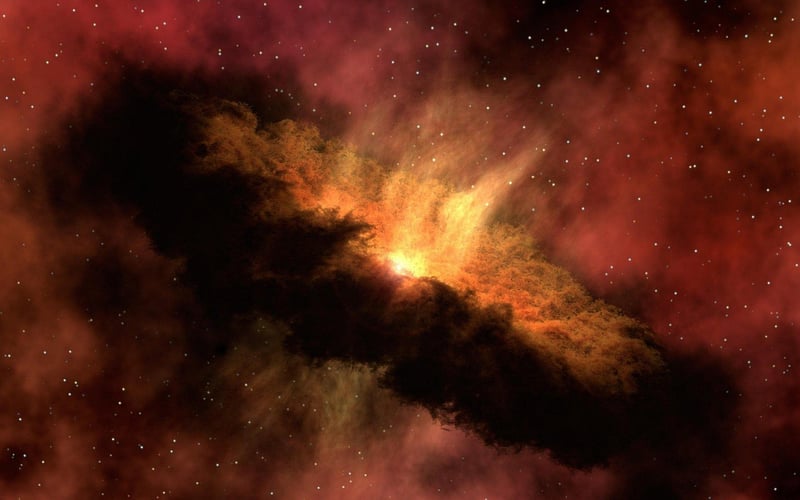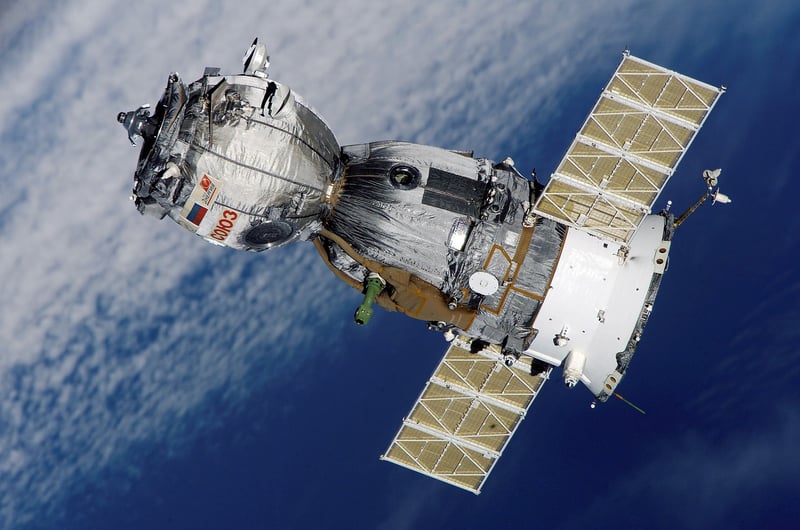Orbital Ecosystem Preservation
Sustaining Life Beyond Earth: Orbital Ecosystem Preservation
As humanity ventures further into space exploration, the concept of sustaining life beyond Earth has become increasingly vital. One intriguing approach to achieving this is through the preservation of orbital ecosystems. The delicate balance of life in space habitats must be carefully maintained to ensure the survival of future space colonies. Let’s delve into the importance of orbital ecosystem preservation and how it contributes to the long-term sustainability of life beyond our home planet.
The Significance of Orbital Ecosystems
Orbital ecosystems, whether on space stations or future habitats on celestial bodies, are microcosms of life that mimic Earth's natural systems. These ecosystems provide astronauts with essential resources such as oxygen, food, and water while also offering psychological benefits by connecting them to familiar natural environments.
Challenges and Solutions
Preserving these orbital ecosystems poses unique challenges. Limited space, resources, and the harsh conditions of space necessitate innovative solutions. Technologies like hydroponics, aeroponics, and closed-loop life support systems play a crucial role in recycling waste and maintaining a sustainable environment.
Hydroponics and Aeroponics
Hydroponic and aeroponic systems enable the growth of plants in water or air without soil, maximizing space efficiency and resource conservation. These methods provide fresh produce for consumption and help purify the air by removing carbon dioxide.
Closed-Loop Life Support Systems
Closed-loop life support systems emulate Earth's natural processes by recycling air, water, and waste within the habitat. This self-sustaining approach minimizes reliance on external supplies, making space colonies more autonomous and resilient.
Importance of Biodiversity
Biodiversity within orbital ecosystems is crucial for their stability and resilience. A diverse range of plant and animal species helps maintain ecological balance, enhances food security, and contributes to overall well-being. Protecting biodiversity in space habitats is key to ensuring their long-term viability.
Looking Ahead
As we continue to expand our presence in space, the preservation of orbital ecosystems will be essential for sustaining life beyond Earth. By harnessing innovative technologies and prioritizing biodiversity, we can create thriving habitats that support human life and enable future generations to explore the cosmos.
Join us in this exciting journey towards a sustainable future beyond our home planet!

For more information on space exploration and sustainability, visit NASA's Solar System Exploration.
